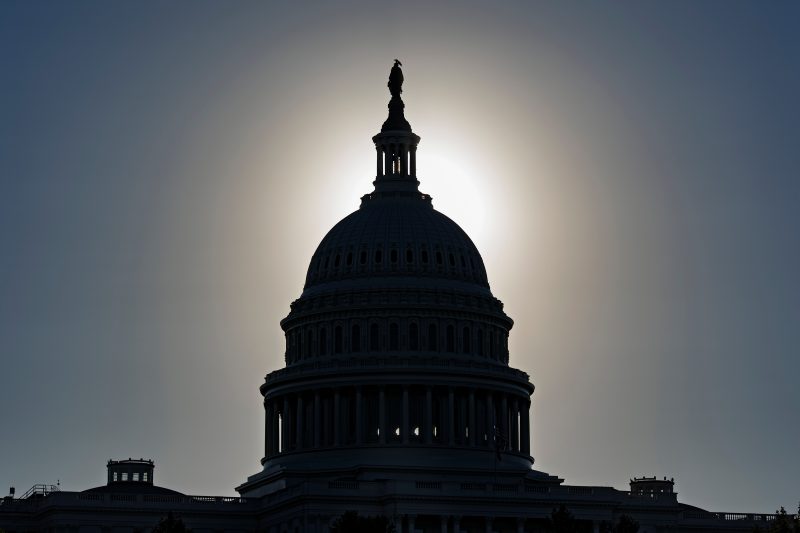How close are we to the longest government shutdown in US history?

(NEXSTAR) — Tuesday marks the 14th day since the federal government shutdown for the 21st time in the last five decades, and there appears to be no end in sight.
The Senate is expected to vote Tuesday evening on the House-passed continuing resolution to fund the government, The Hill reports. Senate Majority Leader John Thune (R-S.D.) has set the single vote for 5:30 p.m. ET.
Democrats in the Senate will not have the opportunity to vote on their government funding measure. Instead, they can only vote for or against the House GOP-drafted bill that would fund the government through Nov. 21, according to The Hill.
Speaker Mike Johnson (R-La.), meanwhile, has canceled previously scheduled votes and said Monday that the current shutdown is on track to be the longest in history.
But is it?
Most of the government shutdowns since 1977 have ended within a week or less, congressional records show.
This is the fourth government shutdown to occur under President Donald Trump, but the first of his second term. The longest shutdown in U.S. history happened in 2019, during Trump’s first term.
At 14 days as of Tuesday, the current shutdown ranks as the fifth-longest:
Without a deal by Thursday, the shutdown could become the fourth-longest, tying with a 2013 shutdown that happened under President Barack Obama. If the shutdown carries into Friday, it would tie for the third-longest with a 1978 shutdown that occurred during President Jimmy Carter’s administration. Should it continue into next week, the shutdown could surpass the second-longest on record, which happened while President Bill Clinton was in office.
No president saw more government shutdowns while in office than President Ronald Reagan. Through the 80s, the government shut down eight times, none lasting more than three days.
At the heart of the current debate to fund the government is the issue of health care subsidies. Democrats say if tax subsidies are allowed to expire, as they are set to do at the end of the year, health care costs will skyrocket for 22 million Americans. Republicans say Democrats should agree to a temporary stopgap funding bill, and then they will consider negotiating on the subsidies.